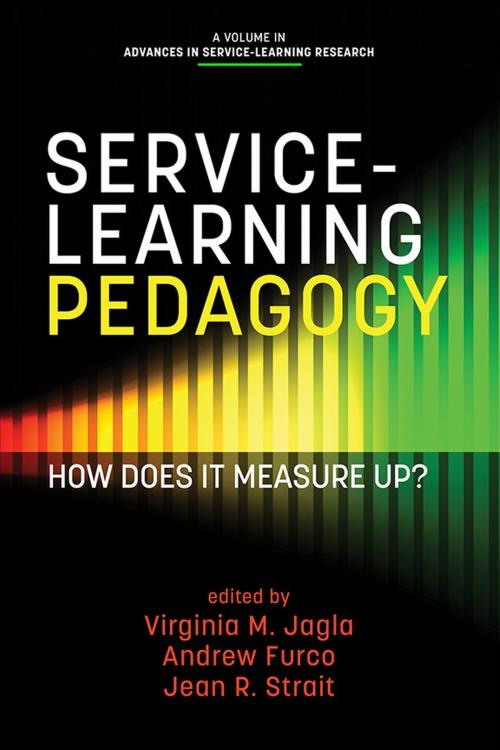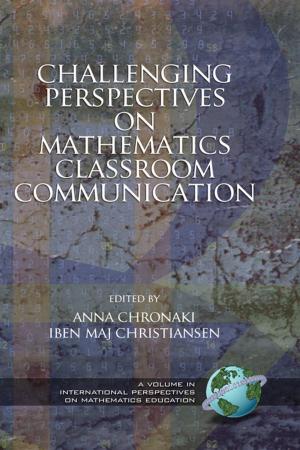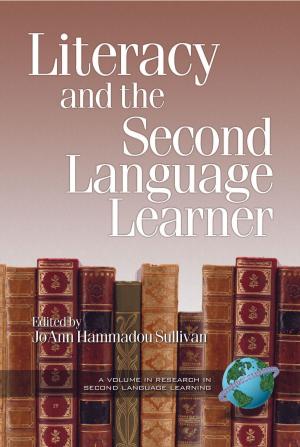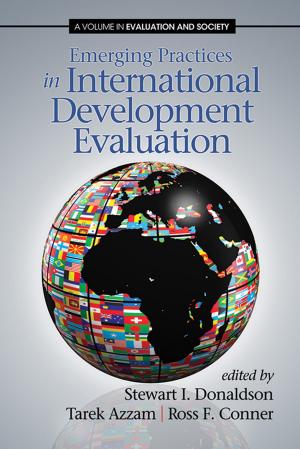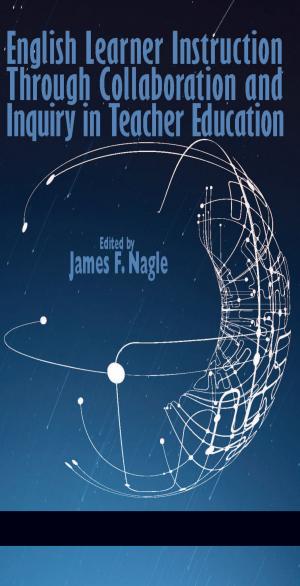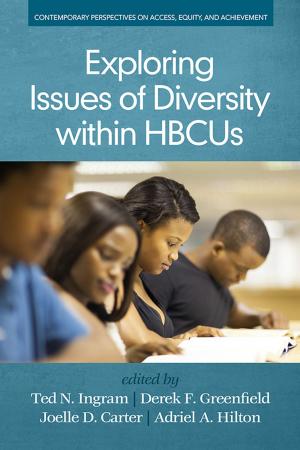ServiceLearning Pedagogy
How Does It Measure Up?
Nonfiction, Reference & Language, Education & Teaching, Teaching, Teaching Methods| Author: | ISBN: | 9781623969578 | |
| Publisher: | Information Age Publishing | Publication: | February 1, 2015 |
| Imprint: | Information Age Publishing | Language: | English |
| Author: | |
| ISBN: | 9781623969578 |
| Publisher: | Information Age Publishing |
| Publication: | February 1, 2015 |
| Imprint: | Information Age Publishing |
| Language: | English |
Servicelearning is a powerful method of teaching and learning that has been used effectively for more than two decades. Its efficacy has been researched in a variety of ways and this volume continues to expand that research base. In particular, in this volume, ServiceLearning Pedagogy: How Does It Measure Up?, we explore three broad areas of servicelearning research and practice that reflect broader discussions of the role of pedagogy in today’s educational reform efforts: Teacher Education, Crossing Boundaries: Deepening Relationships in ServiceLearning and New Paradigms/Conceptual Frameworks. Many have called for more rigorous methods when researching servicelearning pedagogy. That has been the major impetus for this volume. We seek to generate knowledge regarding servicelearning pedagogy, while developing theories about it. We surface some elusive affective characteristics of the pedagogy, which we know has the power to produce transformational learning. To this end, the authors who have contributed to this volume effectively add to the growing body of knowledge in the field and help us get closer to understanding the extent to which servicelearning does and does not measure up.
Servicelearning is a powerful method of teaching and learning that has been used effectively for more than two decades. Its efficacy has been researched in a variety of ways and this volume continues to expand that research base. In particular, in this volume, ServiceLearning Pedagogy: How Does It Measure Up?, we explore three broad areas of servicelearning research and practice that reflect broader discussions of the role of pedagogy in today’s educational reform efforts: Teacher Education, Crossing Boundaries: Deepening Relationships in ServiceLearning and New Paradigms/Conceptual Frameworks. Many have called for more rigorous methods when researching servicelearning pedagogy. That has been the major impetus for this volume. We seek to generate knowledge regarding servicelearning pedagogy, while developing theories about it. We surface some elusive affective characteristics of the pedagogy, which we know has the power to produce transformational learning. To this end, the authors who have contributed to this volume effectively add to the growing body of knowledge in the field and help us get closer to understanding the extent to which servicelearning does and does not measure up.
